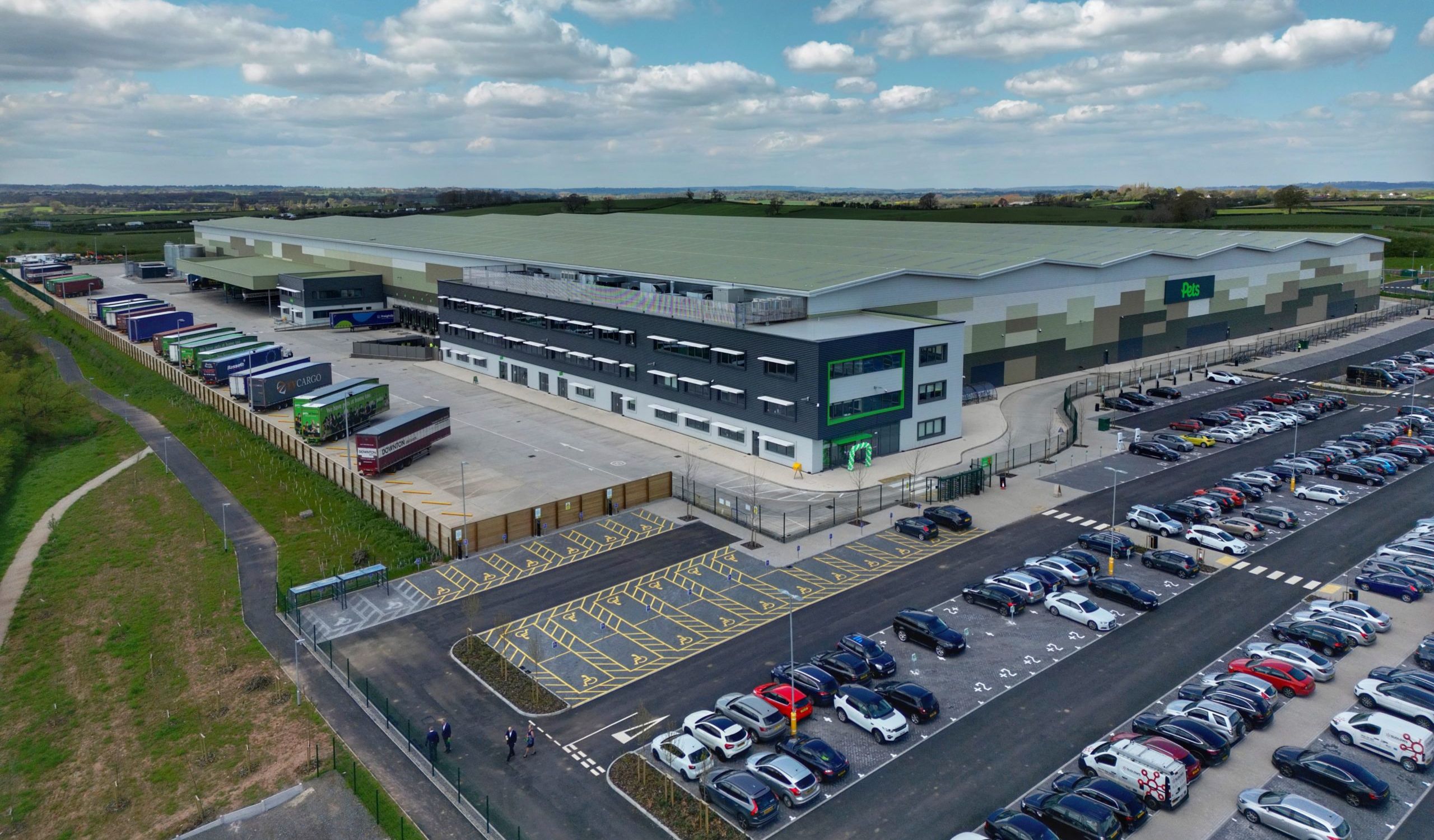Guy Davenport, co-founder and CEO of Locpin, discusses the implications of failed deliveries, with an estimated 120 ![]() million deliveries arriving late in 2017, and why companies need to act to ensure they reduce costs and keep customers happy.
million deliveries arriving late in 2017, and why companies need to act to ensure they reduce costs and keep customers happy.
In recent years the e-commerce sector has boomed with more internet users making online purchases. While our shopping habits are very much in the 21st century, the delivery of these goods still often relies on the postcodes that were introduced in the 1950s. Inaccurate addresses are costing businesses money and damaging customer relationships.
Getting lost in the last-mile
Research has found that only 30% of street addresses in the UK lead directly to the specific point of delivery and 75% of UK residents have problems with carriers struggling to find their homes or businesses. There’s no doubt that the rise of same-day and next-day deliveries will continue to put pressure on companies, with customers expecting efficient and timely delivery of goods.
However seamless a company’s ecommerce and checkout process is, if there are difficulties with the delivery process then the modern-day consumer will be inclined to look elsewhere for their next online purchase.
As well as customer disappointment, failed deliveries can also hit businesses where it hurts. The last mile of a delivery accounts for up to 55% of the total delivery cost – inflated by difficulties finding the correct address or inability to deliver – so the need for an answer for this final leg of the journey is pertinent.
We’ve reached a point where customer delivery demands are higher than ever before, with a record high of 37% of customers requesting the use of next day or a specified time delivery. But at the same time, we haven’t developed our processes to correctly meet these expectations.
The future is in the detail
So, if the postcode isn’t fit for purpose, how do we tackle the problem of failed deliveries? While new addressing systems are well-intentioned, only 33% of customers are open to a new system, and poor adoption often results in a failure to make a real impact on the day-to-day lives of customers.
There are now more click-and-collect options for consumers to choose from, whether that’s instore or via a third-party company or location. These still require customer action although according to a survey by McKinsey, almost all shoppers (82%) would still prefer home delivery for online goods.
Locpin was co-founded by my father and I, born out of a personal frustration in the delivery of goods and services and a need for more specific location details to be easily added by consumers as part of the delivery process.
It will be these additional details that help couriers make their deliveries first time, such as the option to include precise GPS location (whether that’s for a home address, workplace or even a spot in a local park for deliveries of food and drink), safe-place locations, alternative delivery addresses or parking spaces.
Another aspect to consider is that the number of online purchases made via smartphones is set to increase, so therefore the delivery process should also incorporate this technology – allowing consumers to pinpoint their location or add further details quickly and easily via their devices.
Ultimately, consumers will want a solution that takes little effort from their side and can be incorporated into existing systems while retailers want to improve productivity and customer relationships. We need to ensure that retailers and couriers are aligned with their delivery processes in a way that fits into shoppers’ evolving demands so that the last mile of delivery is no longer a headache, and it’s the extra details that will make this possible.
Image credit: Fotolia and Locpin






